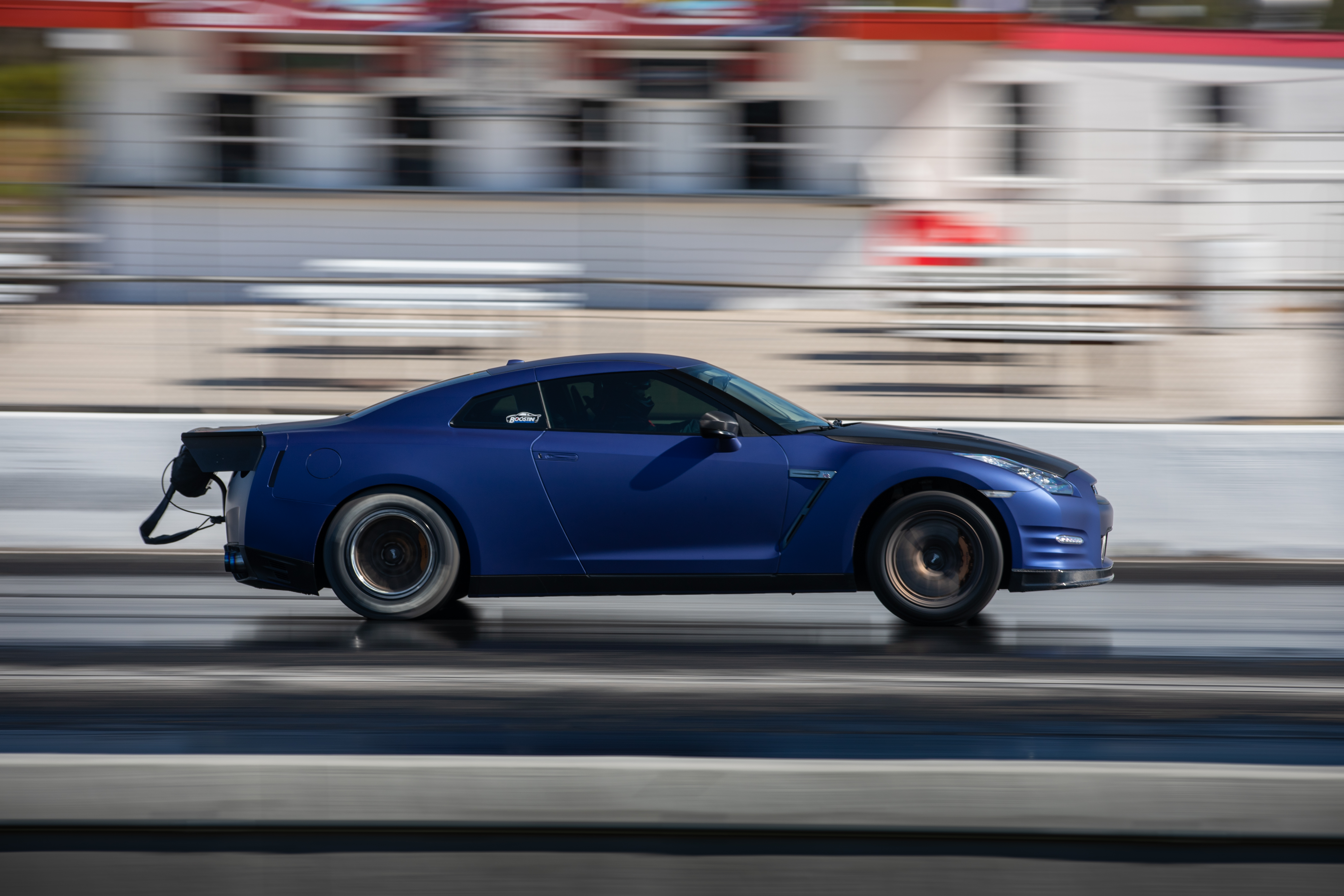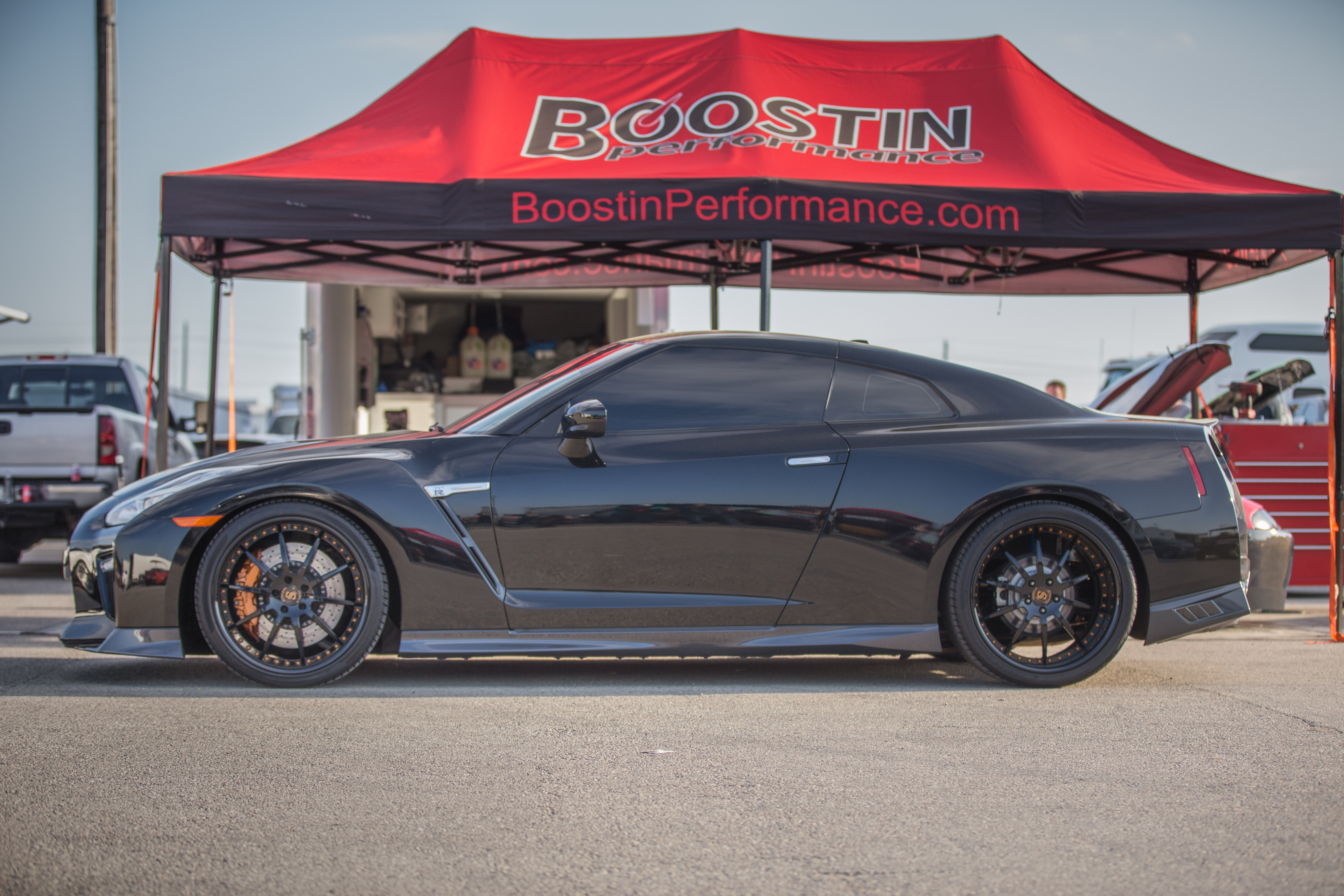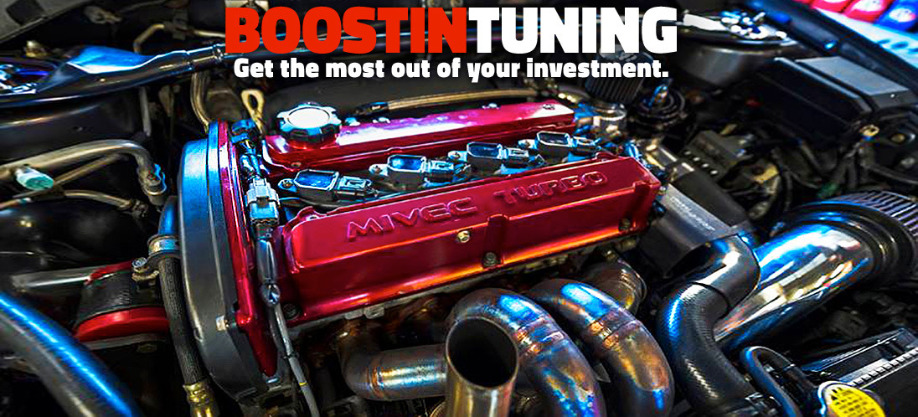Understanding DOT 3, DOT 4, DOT 5, & DOT 5.1 Brake Fluid
Jul 13th 2022

How the Right Brake Fluid Can Boost Braking Performance
How the Right Brake Fluid Can Boost Braking Performance Your car's braking system is possibly the most important system, being greatly responsible for both safety and performance metrics. Whether you frequent autocross events, the drag strip, or daily drive your vehicle, stopping on demand is essential. Brake fluid is a fundamental component of the brake system, so choosing the right kind is critical. Among the several types of brake fluid, which is best for you? Let's find out. Brake fluids earn their distinctions based on their boiling points, the levels of which are determined by the United States Department of Transportation (hence the DOT in the name). DOT 3 fluids have a relatively lower boiling point, and DOT 5 fluids have a relatively high boiling point, but there's more to choosing the right brake fluid for your car than heat resistance alone. To learn which brake fluid best suits your vehicle and why, let's dig into the specifics of the brake fluids available.

What Is Brake Fluid?
Simply put, brake fluid is a hydraulic fluid that transfers your braking input to the wheels. The keyword here is hydraulic. Hydraulic fluids are non-compressible, meaning they can't be squeezed into a smaller space. So, when it comes to your car's brakes, the process works like this: you push on the brake pedal, applying pressure to the brake fluid, the brake fluid then puts pressure on the brake pads, and the friction between the brake pads and rotors (or brake shoes and drums) slows your vehicle.

What Brake Fluid Should I Use?
There are four main types of brake fluid that you'll find in vehicles: DOT 3, DOT 4, DOT 5, and DOT 5.1. The main distinction between these fluids is their boiling points, and that's important because while liquid brake fluid is a non-compressible fluid, gaseous brake fluid is compressible. Since your braking system can only transfer force from the pedal to the wheels with hydraulic pressure (excluding a mechanical e-brake), that's a big deal. Boiling brake fluid leads to spongy-feeling brakes and can ultimately lead to brake failure, so it's certainly something to be avoided.
| Brake Fluid Type | DOT 3 | DOT 4 | DOT 5 | DOT 5 |
| Minimum Boiling Point (Dry)* | 401ºF | 446ºF | 500ºF | 500ºF |
| Minimum Boiling Point (Wet)** | 284ºF | 311ºF | 356ºF | 356ºF |
| Chemical Base | Glycol Ether | Glycol Ether | Silicone | Glycol Ether |
**Boiling point with water contamination (i.e., after 1-year of use)
While you want to make sure your brake fluid can take the heat of your performance demands without boiling, there are a few more things to consider. Brake fluids with different chemical bases should not be mixed, as they react poorly together and can damage the braking system. On that note, vehicles that call for DOT 3 fluid from the manufacturer can accept DOT 4 and DOT 5.1, but you don't want to put in a lower-rated brake fluid than called for by the OEM. Also be aware that DOT 5 fluid is not compatible with ABS systems because it is prone to aeration in the ABS pump, but DOT 5.1 is compatible with ABS systems.

Brake Fluid Maintenance
What's most important is that you're up to date with your brake fluid maintenance. Since DOT 3, DOT 4, and DOT 5.1 fluids are hygroscopic (meaning they attract water), it's necessary to change them every couple of years to maintain performance. DOT 5.1 attracts even more water than the other glycol-based fluids, so it should be replaced more frequently. DOT 5 fluid doesn't attract water, but it also doesn't prevent water from making its way into the braking system. This can cause localized "puddles" of water that can centralize corrosion and, since water has a much lower boiling point (212ºF), result in brake failure if left unchecked. Hence, the other fluids are designed to absorb water. No matter what brake fluid you use, you might want to change your brake fluid more often if you frequently drive your car hard. It's not a terribly expensive fluid and it's infinitely essential to the longevity of your vehicle (and your life), so make sure it's on your maintenance list.
Boost Your Brakes with Boostin Performance
If you need assistance choosing the right materials for your braking system or someone trustworthy to work on your vehicle to achieve the results you're looking for, reach out to the experts at Boostin Performance. Our passion for automotive performance combined with our extensive experience means a call to Boostin Performance is the first step to success.
